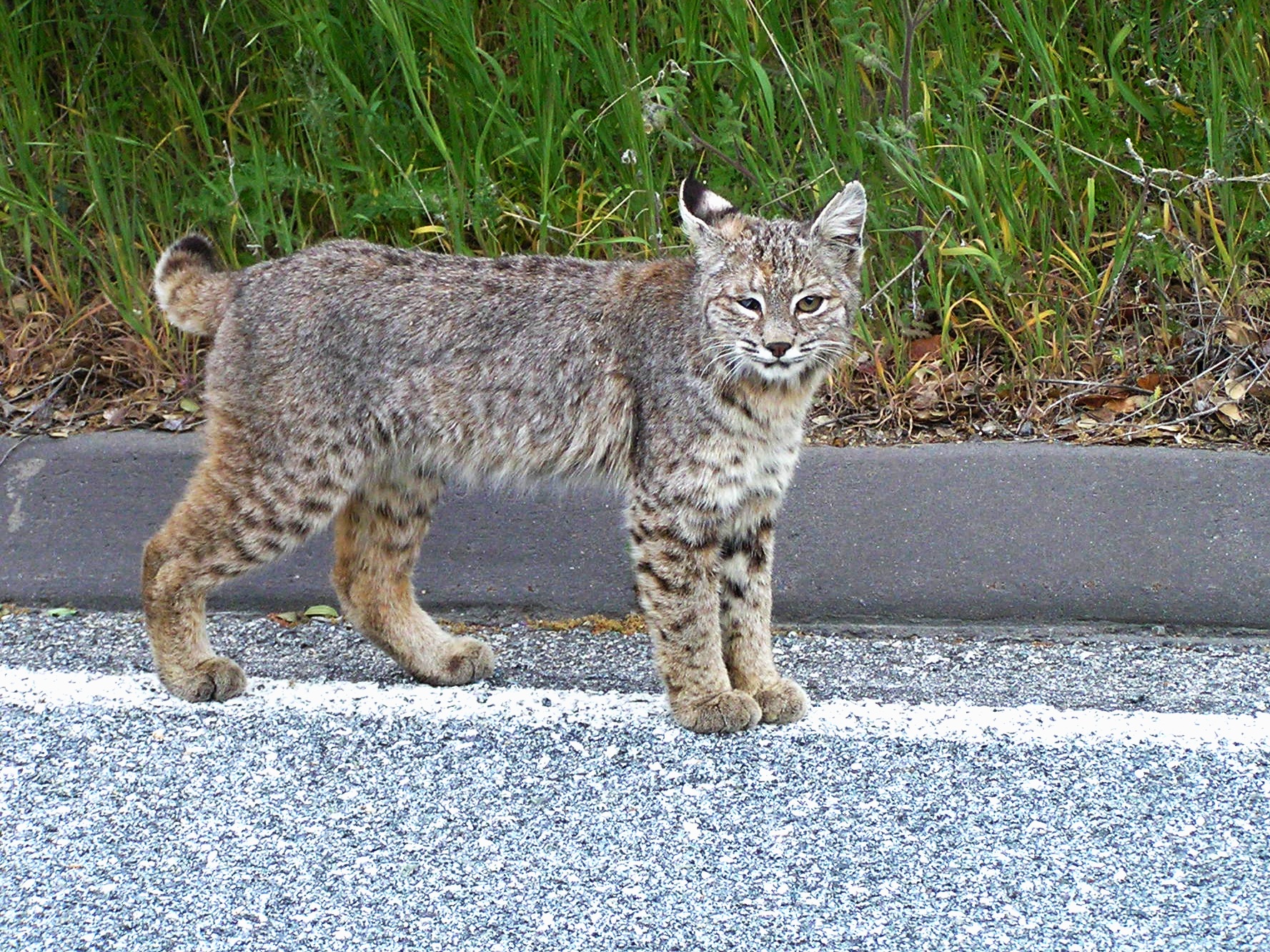New Hampshire officials are seeking the public’s help with tracking down a Massachusetts man who handled raccoons on a busy roadway in New Hampshire’s north country.
The Union Leader reports on Sept. 20, around 5 p.m., an unidentified man stopped to help a resident take two baby raccoons off the road on the outskirts of Conway on Route 16 between North Bald Hill and Thorn Hill roads. The man’s vehicle had Massachusetts plates.
The animals were then taken to a local wildlife rehabilitation center where one later died and was identified as having been infected with the rabies virus.
State officials told local media they would like the unidentified man to contact them, so an assessment can be made regarding his risk for acquiring rabies while handling the animals and to help determine whether preventative treatment is needed.
Rabies virus is a fatal illness, transmitted via direct contact with saliva of an infected animal. Exposure can occur through a bite, scratch, broken skin or mucous membrane exposure. Administering a rabies vaccine and immune globulin after an exposure can prevent disease, according to officials.
Conway, New Hampshire is known as an attractive tourist destination, with heavy human impact during both the summer sight-seeing and winter ski seasons. The Route 16 corridor is especially traveled during fall foliage months allowing access to the near-by White Mountain National Forest, Crawford Notch, and Franconia Notch tourist destinations.
With thick tourism in an otherwise heavily wooded area, the inevitable feeding of local wildlife (either purposely or indirectly through camping remnants and local dumpsters) promotes higher densities of foraging wildlife such as raccoons, skunks, and foxes.
Being a population density-dependent disease, the chances of rabies virus transmission through these abundant furbearer populations may become heightened in these areas as more furbearers congregate in small areas of heightened food abundance.
USDA-Aphis continues rabies surveillance and vaccine projects in select areas of New York, Vermont, and New Hampshire.
The Massachusetts man or anyone with information about him is asked to call the New Hampshire Division of Public Health Services’ Bureau of Infectious Disease Control at 603-271-4496.










Police in Kensington, New Hampshire, took to social media to advise the public on keeping pets and children indoors after they say a coyote attacked a 62-year-old woman and her dog Monday morning. The same coyote is suspected of attacking a car in Hampton Falls earlier this morning.